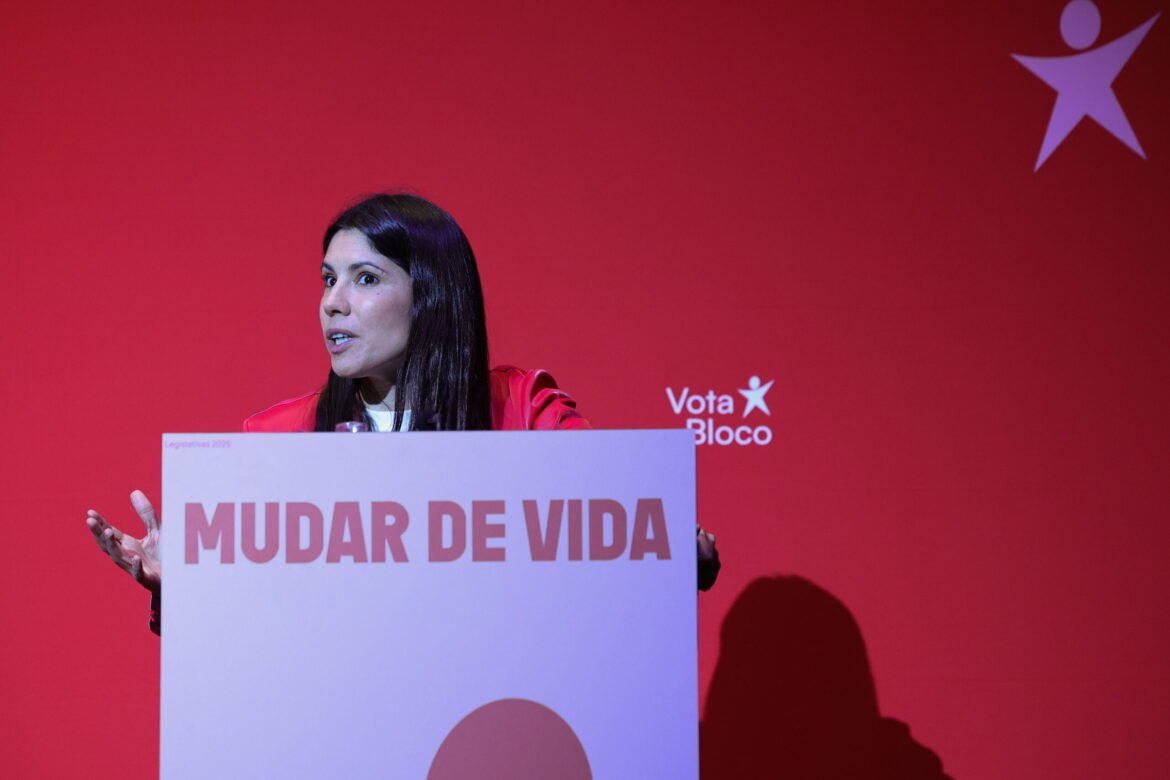The leader of Portugal’s Left Bloc (BE), Mariana Mortágua, announced this Saturday (25) that she will not run for re-election to lead the party after “taking responsibility” for not having fulfilled the objective of halting the advance of the “extreme right”, in reference to this year’s poor electoral results.
“With the growth of the right and, in particular, the extreme right and its influence on Portuguese politics, it was necessary to give a new impetus to the left (…) I consider that this objective was not achieved and I take responsibility”, said Mortágua at a press conference at the party headquarters, in Lisbon.
Previously, she had already announced, in a letter addressed to activists, her decision, which comes days before BE holds its XIV National Convention, on November 1st and 2nd, 2025, in Lisbon, to choose its new leadership.
Mortágua, who ruled out moving away from political life, also argued that “BE can benefit at this time from other people, other faces, other voices”, and added that she is “very proud” of the last two and a half years in which she was at the helm of the acronym.
BE obtained its worst electoral results in the May legislative elections, when it won just one seat in Parliament; in the municipal ones, and failed to live up to expectations.
In May, when the party lost four of its five deputies, Mortágua recognized, with teary eyes, an “important defeat” for the left in Portugal.
The acronym’s bad results may also be related to the controversy caused by the party at the beginning of the year, when it came to light that it allegedly fired, in 2022, under the leadership of Mortágua, two workers who had recently given birth.
For voters of one of the main left-wing parties in the country, this action represented a disappointment as it revealed inconsistency between the premises defended by BE and its way of acting.
Recently, Mortágua joined the Global Sumud Flotilla alongside three other Portuguese, all expelled from Israel and deported to Portugal, where they reported having suffered “ill-treatment” and pressure to sign documents. In this sense, the leader has been one of the most fervent defenders of the Palestinian cause in Portuguese politics.

